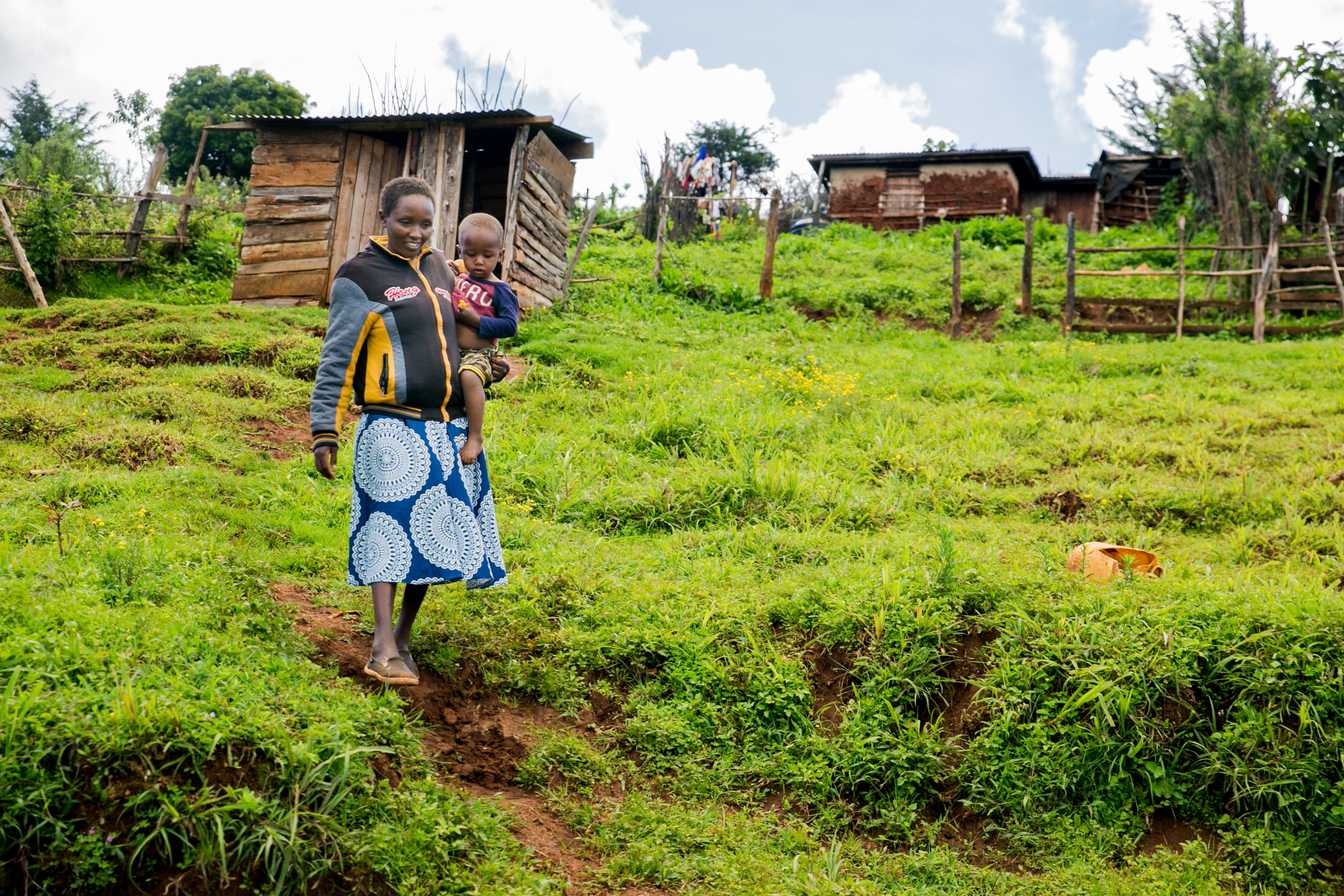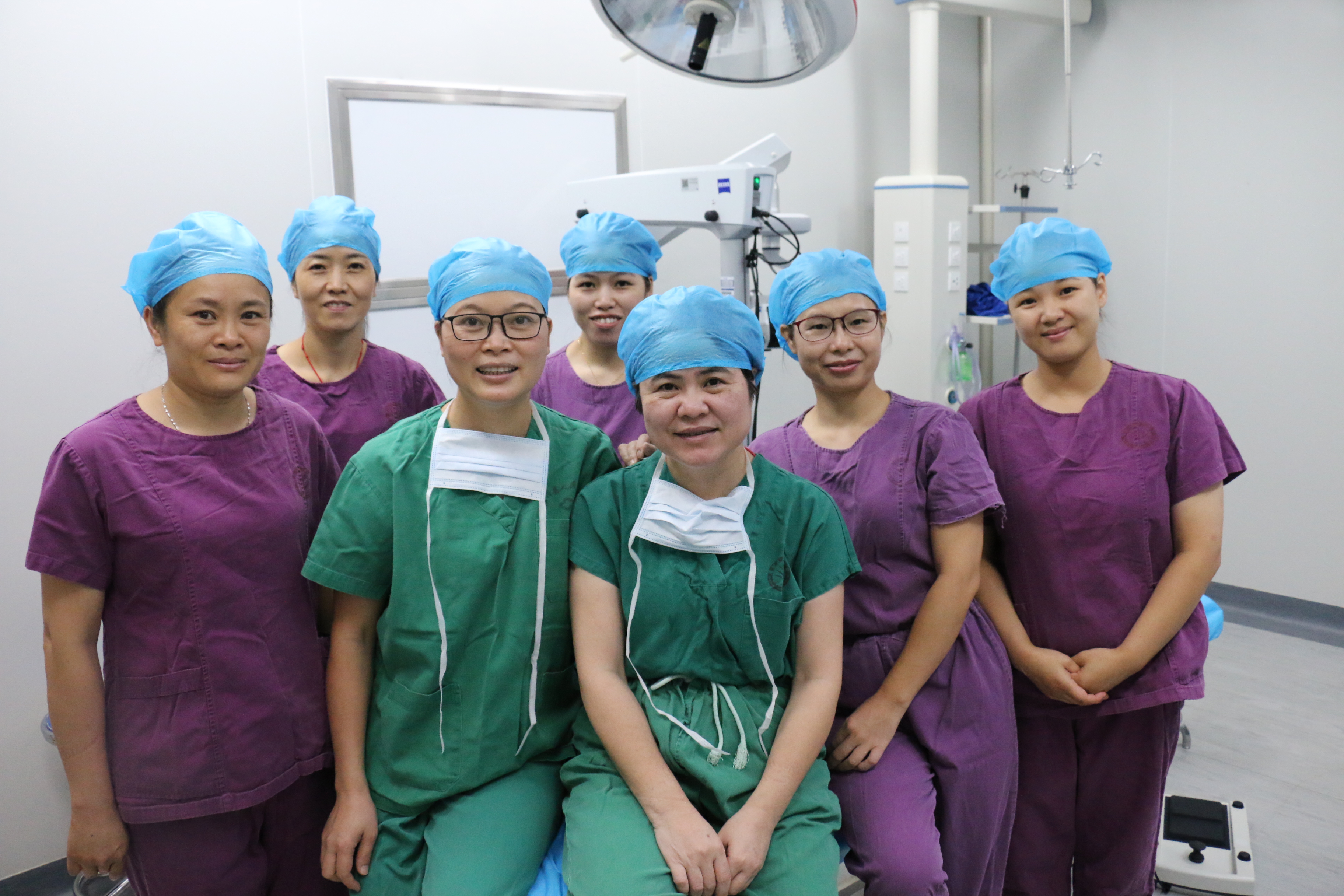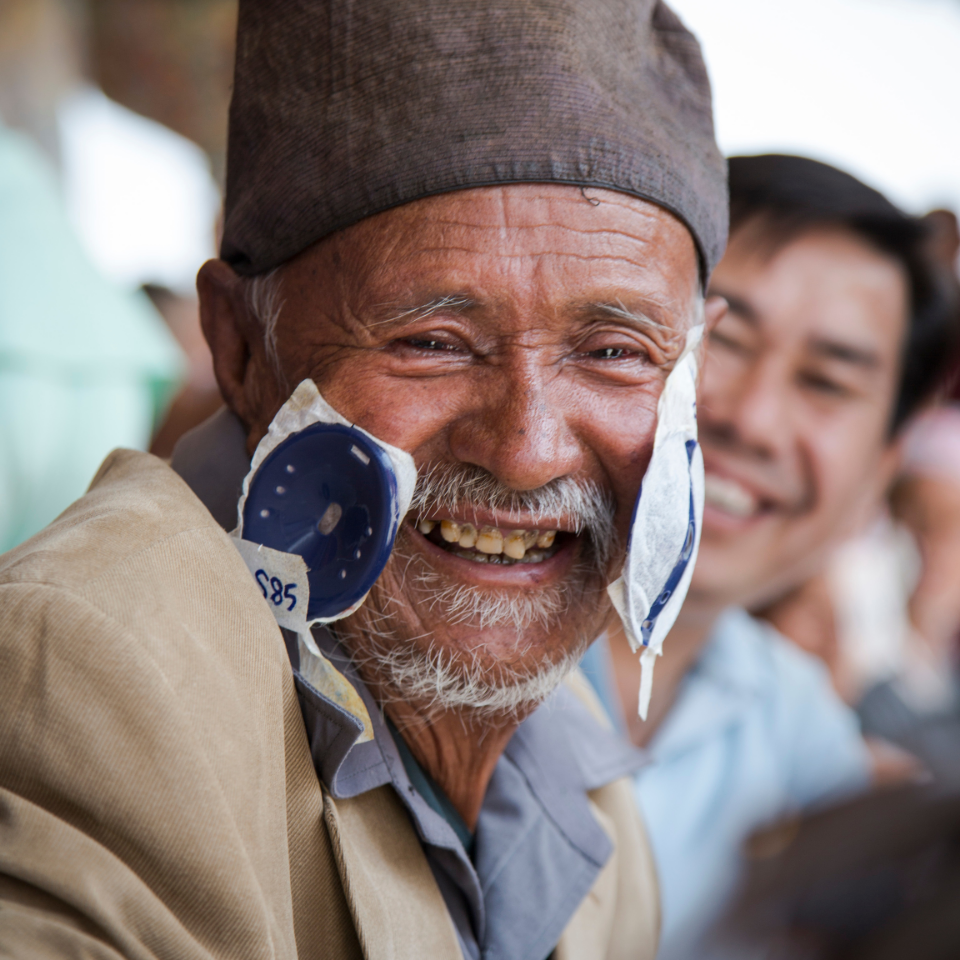What exactly is avoidable blindness?
Nine out of ten people who are blind don’t have to be. These are people who are suffering from avoidable blindness, which can be defined as blindness that can either be treated or prevented.
Eye diseases like cataract, trachoma, diabetic retinopathy and uncorrected refractive errors can all lead to blindness. And we work to prevent or treat these devastating diseases in some of the poorest parts of the world.
Our work in disadvantaged communities
A majority of the world's blind people live in developing countries, where malnutrition, inadequate health and education services, poor water quality, and a lack of sanitation all contribute to the rise of eye diseases.
When people can’t get help or don’t realize help is available, they stay entrenched in a cycle of extreme poverty, becoming increasingly vulnerable to avoidable blindness.
We know that alleviating blindness is an effective way of easing poverty in these countries by reducing their financial and social burdens.

Our founder, Professor Fred Hollows, didn’t believe in flying eye doctors into a country or handing out cash and walking away. And The Foundation continues to keep that legacy alive.
We believe in forming strong bonds and working relationships with like-minded partners, local communities, businesses and governments in the countries where we work.
Our aim, is to build capacity at all levels – from village health centers to regional hospitals to national ophthalmic networks.
We train local doctors and health workers, build and upgrade facilities, develop and introduce new technology, and provide equipment.

We also encourage governments worldwide to take decisive action to end avoidable blindness as the number of people living with vision loss could triple worldwide by 2050 if more action isn’t taken.
All the different facets of our work are about achieving two things: providing long-term sustainable eye health care and ending avoidable blindness.
Quite simply, when we start working in a country, our plan is to work towards leaving it. For this to happen, we’re building a diverse global coalition of partners, business, governments and private individuals to join with us.
Investing in vision
Ending avoidable blindness in the developing world can be achieved for as little as $AU2.20 per person per year – less than the price of a cup of coffee in most places. A team of PricewaterhouseCoopers (PwC) health economists discovered this when they sat down to calculate the cost.
In 2014 PwC found that avoidable blindness could be eliminated in the developing world for $AU128.2 billion – which equates to an investment on top of what is already spent on eye health of just $AU2.20 per capita per year for 10 years.
This is the expected cost to build eye health systems to such a size that they can clear the existing backlog of avoidable blindness and sustainably treat new cases as they arise.
This ambitious goal cannot be achieved without eye health organizations like The Fred Hollows Foundation, and our global partners.
Read the Investing in Vision report in full and get all the details.
Fred Hollows and Dr Ruit challenged the ophthalmic world
Fred Hollows and fellow eye surgeon, Dr Sanduk Ruit, were great friends who shared the same vision: bringing affordable eye care and modern cataract surgery to people living in Nepal and other developing countries. While Fred didn’t live to witness it, their vision came true beyond what they imagined. Today, The Fred Hollows Foundation continues to work with Dr Ruit to address avoidable blindness in Nepal and across Asia.
